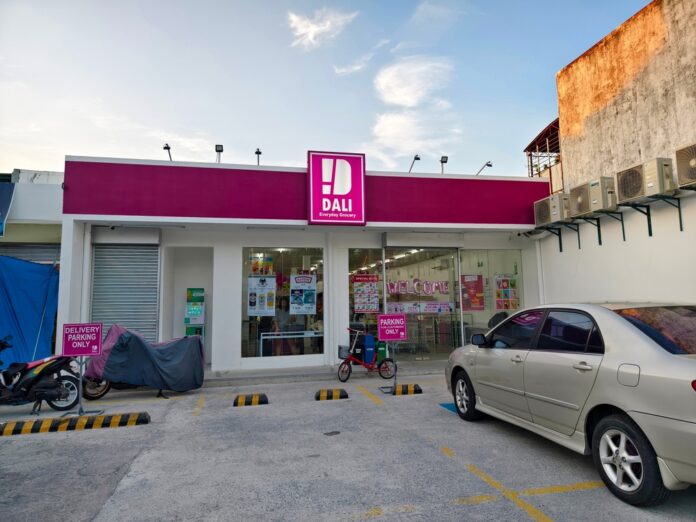Hard discounters are expected to maintain their upward trajectory in the local retail landscape, driven by aggressive store expansion and a growing portfolio of private label products. This trend is reshaping the food retail industry and attracting strategic investments from established players such as Robinsons Retail Holdings Inc. (RRHI).
RRHI president and CEO Stanley C. Co said the company’s recent entry as a minority shareholder in O! Save Trading Philippines Corp. has allowed the group to deepen its penetration into the mass market segment. O! Save is a rising hard discounter chain that currently operates around 400 stores nationwide, having opened its first outlet in San Fernando, Pampanga in 2022.
“Moreover, our exposure in O! Save has given us a holistic view of consumer behavior, having a greater visibility on all income classes,” Co said. “This has allowed us to become more agile and proactive in capturing emerging opportunities in the growing and dynamic food retail industry in the country.”
Hard discounters like O! Save and Dali—the latter operated by Swiss-based Hard Discount Philippines Inc.—have seen rapid expansion since their market entry, appealing to budget-conscious Filipino consumers through ultra-lean store formats. These chains typically reduce overhead by selling directly from pallets, minimizing labor costs, and emphasizing house brands.
“We are not displaying individual items on our shelves but sell them out of boxes and from pallets. We avoid anything which is not necessary and which would potentially increase the sales price of our products,” O! Save states on its website.
Dali, which launched its first store in the Philippines in 2021, now operates approximately 1,000 stores, making it a formidable competitor in the hard discount space. While its network still trails behind Alfamart, a convenience store chain backed by the SM Group with over 2,100 locations, industry observers note the fast pace at which hard discounters are scaling up.
“As such, hard discounters have grown quite significantly since they started operations four years ago,” Co said.
Beyond hard discounting, RRHI is also refocusing on its convenience store operations, particularly Uncle John’s, the rebranded MiniStop chain. The company plans to accelerate franchise-driven expansion to control capital and operational costs more effectively.
“We plan to accelerate our store expansion for Uncle John’s by doubling down on growing our franchise stores,” Co said. “For our ready-to-eat products, we plan to strengthen this business by launching new affordable and relevant products. This should also help prop up our margins, given the high margin nature of our RTE categories.”
The strategic pivot underscores how major retail players are adapting to shifting consumer preferences and cost sensitivities in the post-pandemic economic environment. As hard discounting becomes more mainstream, stakeholders are watching closely how this format will continue to disrupt the broader grocery and convenience store sectors in the Philippines.







